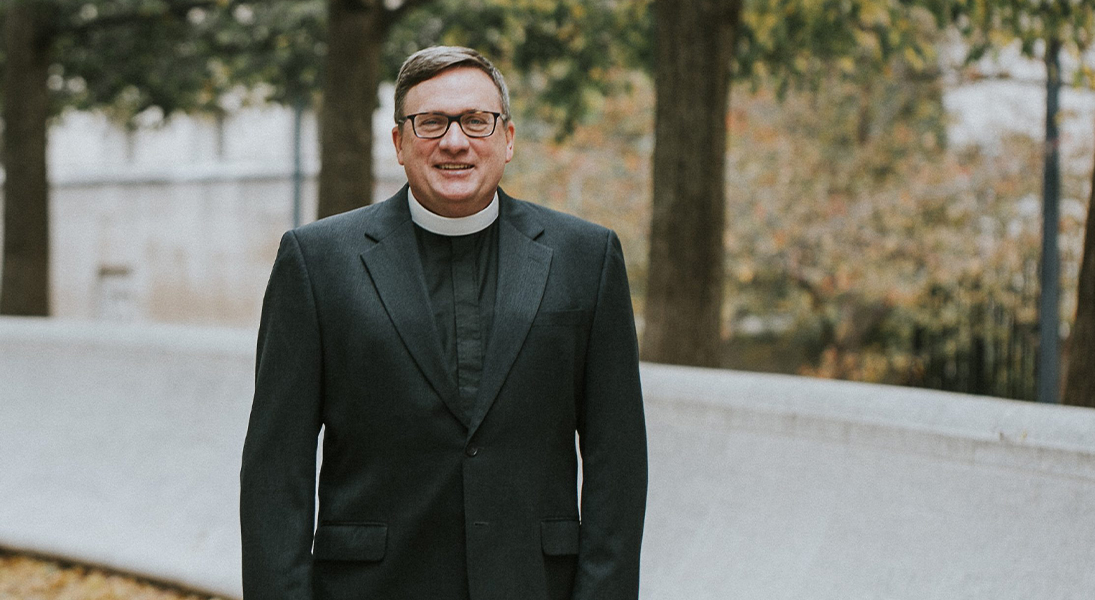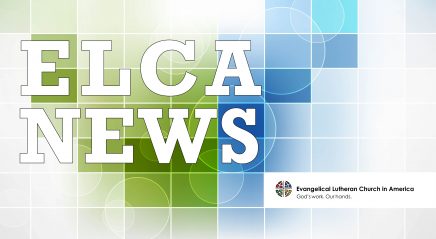As current ELCA executive director for Christian Community and Leadership, Philip Hirsch sees the Spirit calling the church in a new direction that simultaneously harks back to its roots.
Hirsch, who was elected June 7 as bishop of the Metropolitan Washington, D.C. Synod, shared with Living Lutheran about how he believes the church can make a difference in an ever-changing world. He begins Sept. 1 and will be installed Nov. 9.
Living Lutheran: What is your vision for the future of the synod?
Hirsch: We must learn how to adapt the ancient and beautiful message of the gospel to a world that has increasingly distanced itself from religious life and is changing at a rapid pace. People are disconnected, lonely and hurting. The cries for justice in places near and far are painfully clear—and so is the need for the gospel.
The Lutheran church has the opportunity to recover its place in history. At a time of great change in church and society, Martin Luther reminded the world of the basic tenets of faith, Christ, grace and Scripture and made these tenets accessible. He translated the Bible into the common language, brought in music from the pubs and connected with new generations. This is our legacy and what will rebuild the church. This will bring life and vitality to our congregations and members.
We will prioritize the church’s ability to engage with new people, young people and diverse communities. We will listen to them and learn about their needs. We will resource new ideas and innovative approaches. We will seek to become places where a more diverse population can find belonging and safety. We will name the barriers and harmful effects of racism, sexism and classism that have kept us from being the communities of faith God intended. My dream is that the church will grow as it shares its message of hope and healing.
How did you feel when you were elected?
Grateful.
What experiences in your ministry do you feel have best prepared you to serve as bishop, and how might you incorporate those lessons learned?
I went to a Lutheran college, met my wife at a Lutheran camp and attended a Lutheran seminary. I’ve helped build a Lutheran church in a very poor community that experienced a lot of violence, and I’ve also served a congregation with a lot of resources. I’ve worked in congregations, the synod office, the national church and with our international partners. As an executive director in the ELCA, I’ve had a hand in much of what the church does nationally.
I have a passion for historically marginalized people and communities and believe in the vision that God showed us on the Day of Pentecost. I am not afraid to say and do the hard things to move in a new direction together. I believe we need to have a voice in public spaces, especially in Washington, D.C., right now.
Is there a message you’d like to share with the synod and the wider church?
The recently released report “Strategic Recommendations for the ELCA,” completed in partnership with Barna Group and Fuller Theological Seminary, reflects insight from nearly 11,000 ELCA members about the church’s future. The five identified areas of focus—evangelism, discipleship, leadership, young adults and youth, and DEIA (diversity, equity, inclusion and accessibility)—put us on a path that our members and the Holy Spirit have together affirmed is most vital in this moment. These are the priorities that will shape the future of the church, strengthening our service, justice work and public witness.
The Holy Spirit is stirring us to move in a new direction, but we’re also getting back to the basics of our faith. The report reflects a very Lutheran focus on the gospel and its impact on people’s everyday lives. These priorities will transform us if congregations and ministries, synods and bishops, and the churchwide organization adopt and apply them to our work.
I am hopeful for our church and will strive to apply everything I’ve learned to my role as bishop in the Metropolitan Washington, D.C. Synod.







